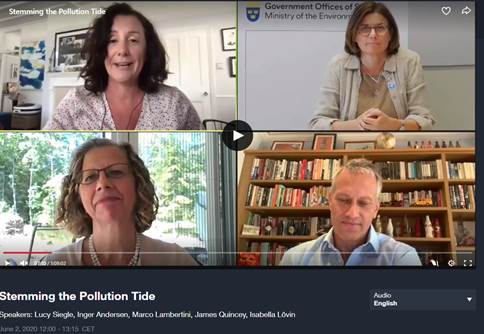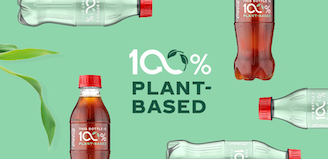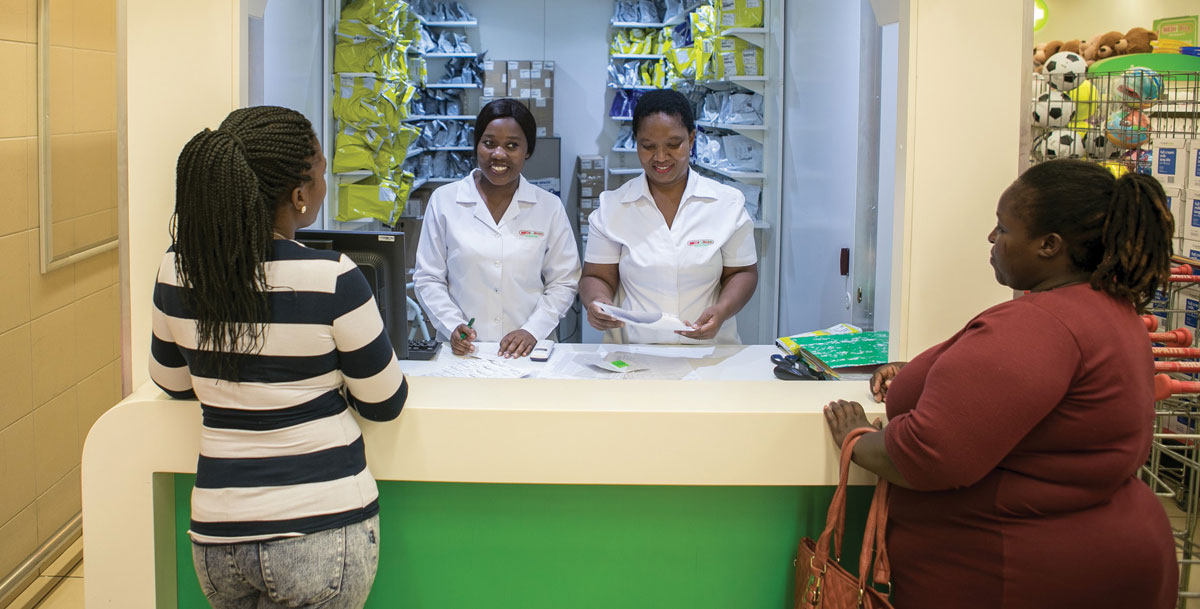
- Logo
- Our company
- Our brands
- Sustainability
- Social impact
- Careers
- News
- Investors
- Search
- Language
- Reciteme
Search

Coca‑Cola CEO: Efforts to Stem Pollution Tide Cannot Pause During Global Pandemic
06-11-2020
The private and public sectors must “redouble” efforts to tackle marine pollution and other critical environmental challenges as the world focuses on the coronavirus pandemic and its economic impacts, Coca‑Cola Chairman and CEO James Quincey said during a Virtual Ocean Dialogues panel hosted by the World Economic Forum and Friends of Ocean Action.
“These problems we’re talking about will not go away,” Quincey said on June 2. “They will continue to get worse. We have to keep pushing ahead on these issues.”
Quincey participated in the “Stemming the Pollution Tide” panel discussion alongside
Isabella Lövin, Sweden’s deputy prime minister and minister for environment and climate; Inger Andersen, executive director, United Nations Environment Programme (UNEP); and Marco Lambertini, director-general, WWF International. The online event convened scientists and leaders from business, government, civil society to share and scale innovative solutions that contribute to a healthy, resilient ocean.
Plastic is the most visible – but not the sole – contributor to ocean pollution. “Clearly this is a problem that has to be solved,” Quincey said. “Packaging waste in the ocean should be made a thing of the past.”
The Coca‑Cola Company is doing its part through its World Without Waste vision to collect and recycle the equivalent of a bottle or can for every one it sells globally by 2030; to make all packaging widely recyclable by 2025; and to make bottles and cans with 50% recycled material by 2030.

A primary challenge with plastic bottles “is not that people won’t put them in recycling bins or that we can’t create new bottles from old bottles,” Quincey said. “It’s that we can’t collect them. The biggest gap is scaled recovery of plastic. We need to work with other manufacturers, retailers and governments, particularly local governments, to put in place deposits or other collect schemes.”
Economic headwinds in the coming years will pressure governments to carefully prioritize spending, Quincey noted, “and would certainly be an opportunity for environmental initiatives to be accelerated.” Environmental programs like recycling collection schemes can create jobs, too.
“We can get environmental benefits and job benefits,” he said. “Saying only environment or only jobs will give us little progress on either. We need to find those solutions that do both.”
All stakeholders must also continue to explore new ways to create a circular economy. “We need to keep funding innovation as a society,” Quincey said. “The best innovations have been when industry, academia and government push to solve the problem.”
The UN Ocean Conference was scheduled to take place last week in Portugal, but the pandemic prompted organizers to shift to a virtual event. The multi-day forum – the largest-ever gathering dedicated to the plight of the world’s oceans – included more than 50 interactive sessions. Participants included presidents and prime ministers, as well as leading voices from business, academia and NGOs, representing 50 countries.


